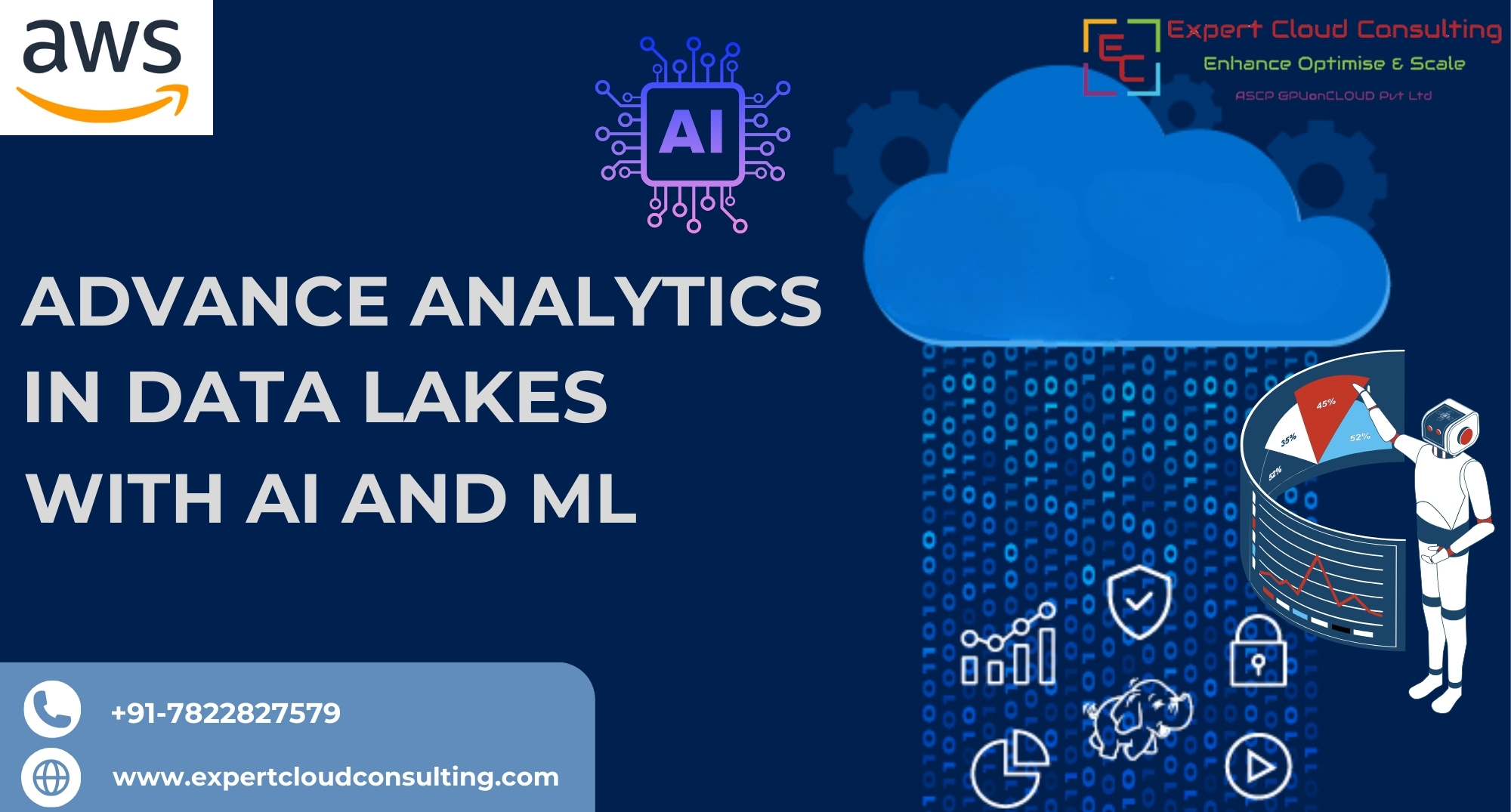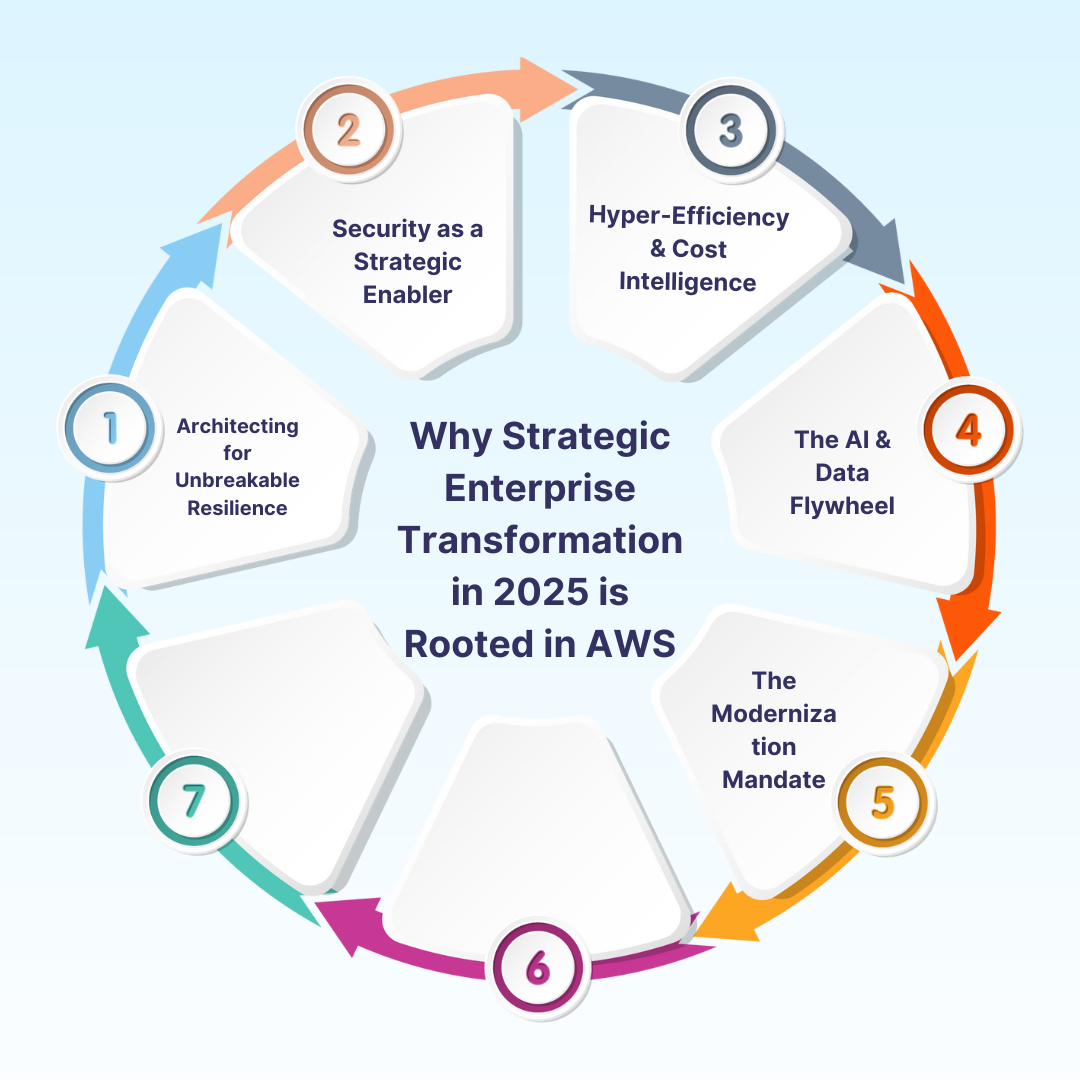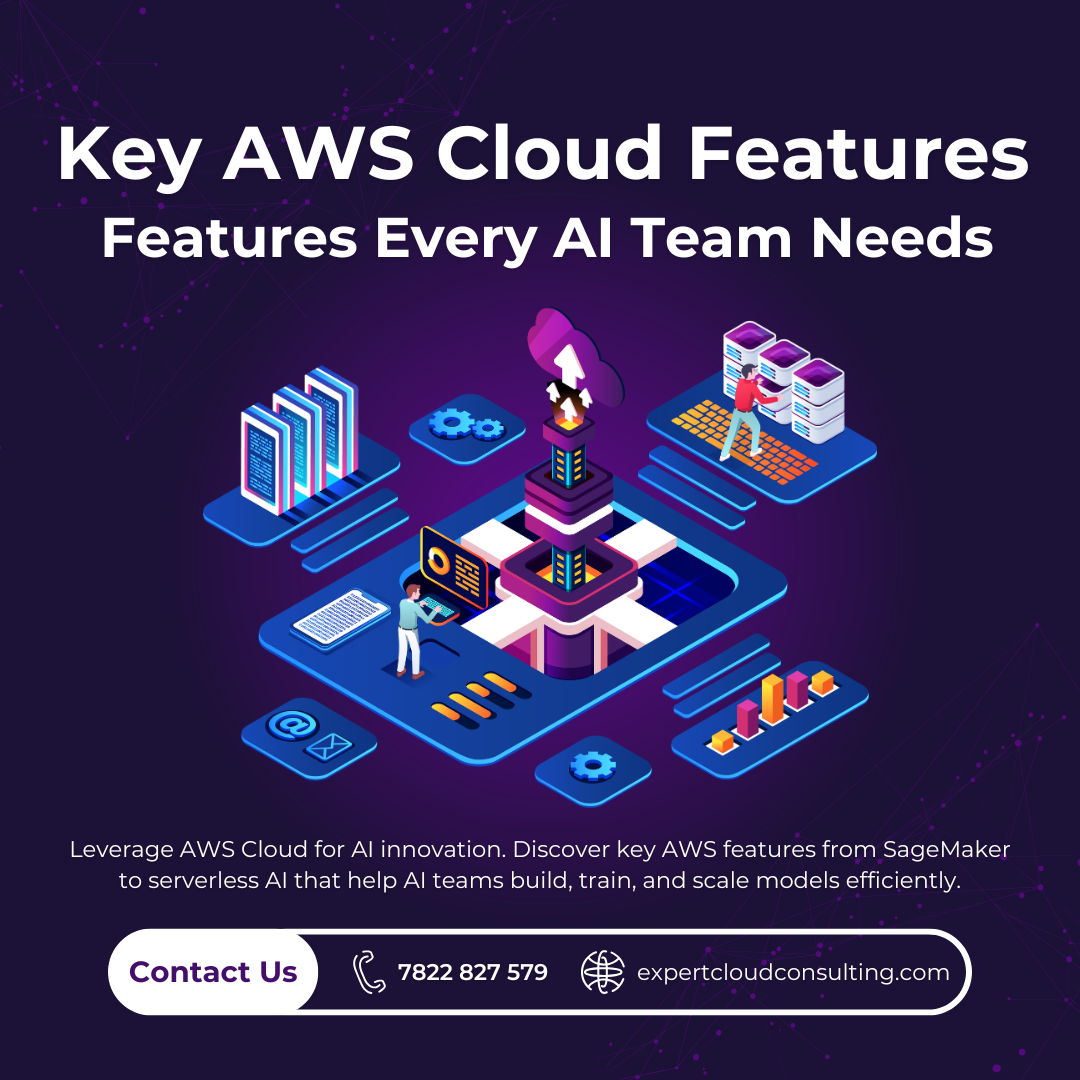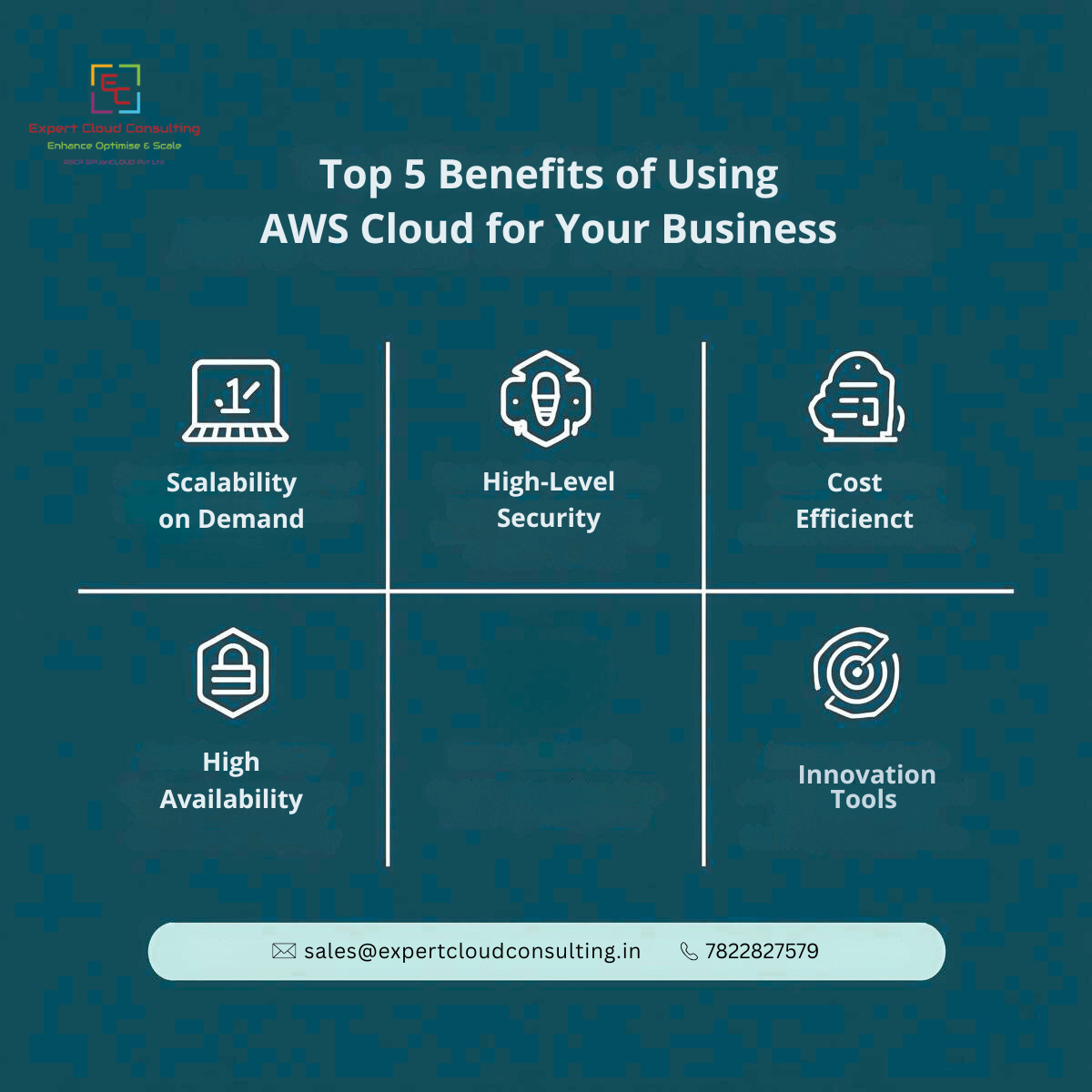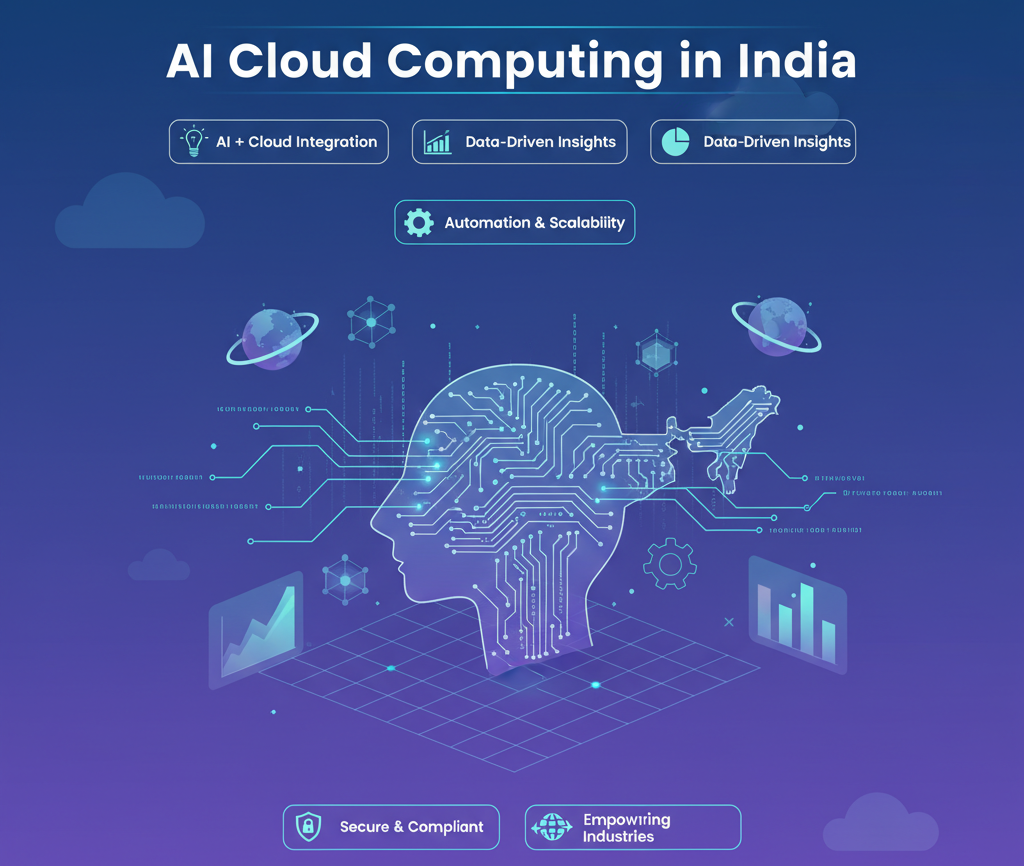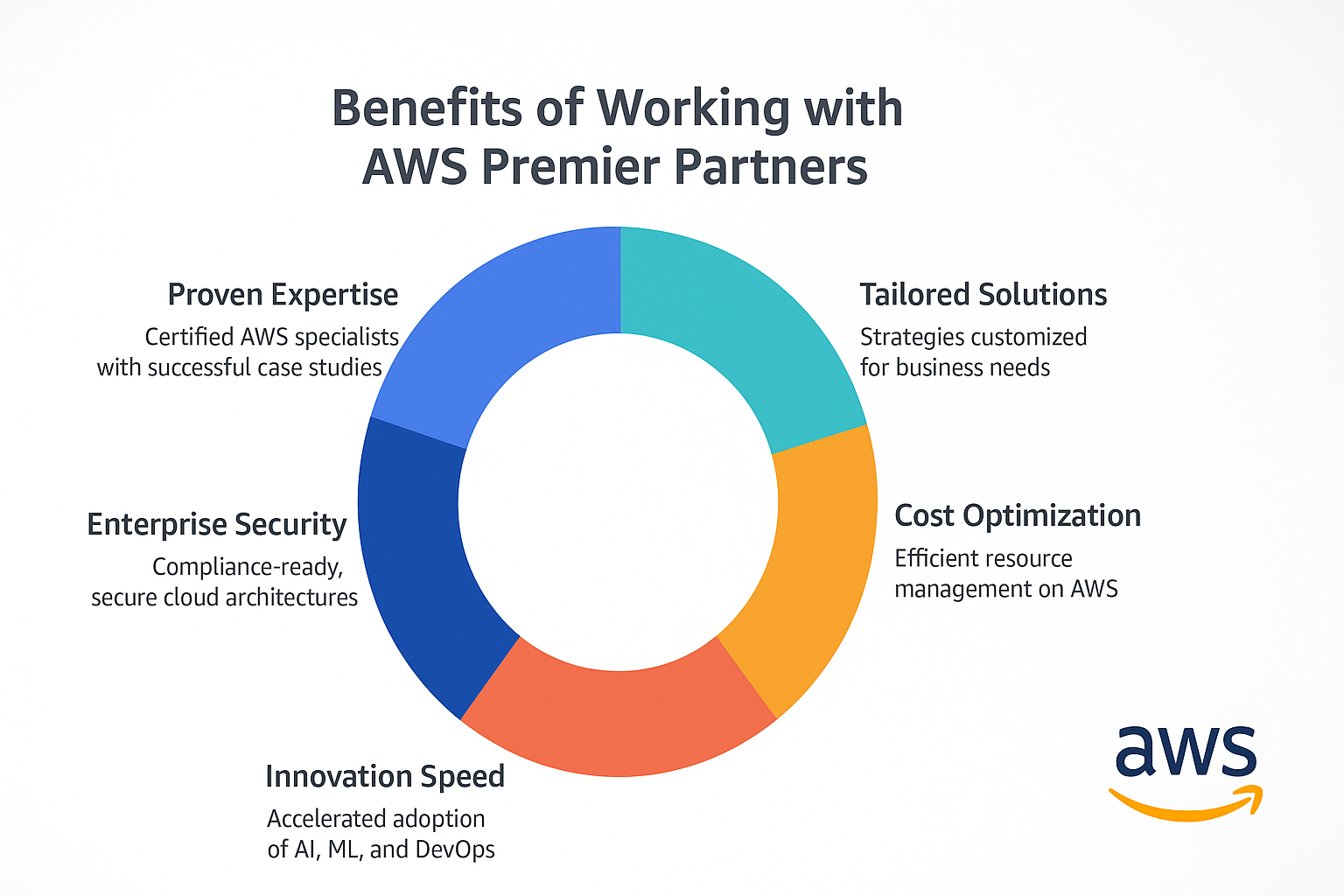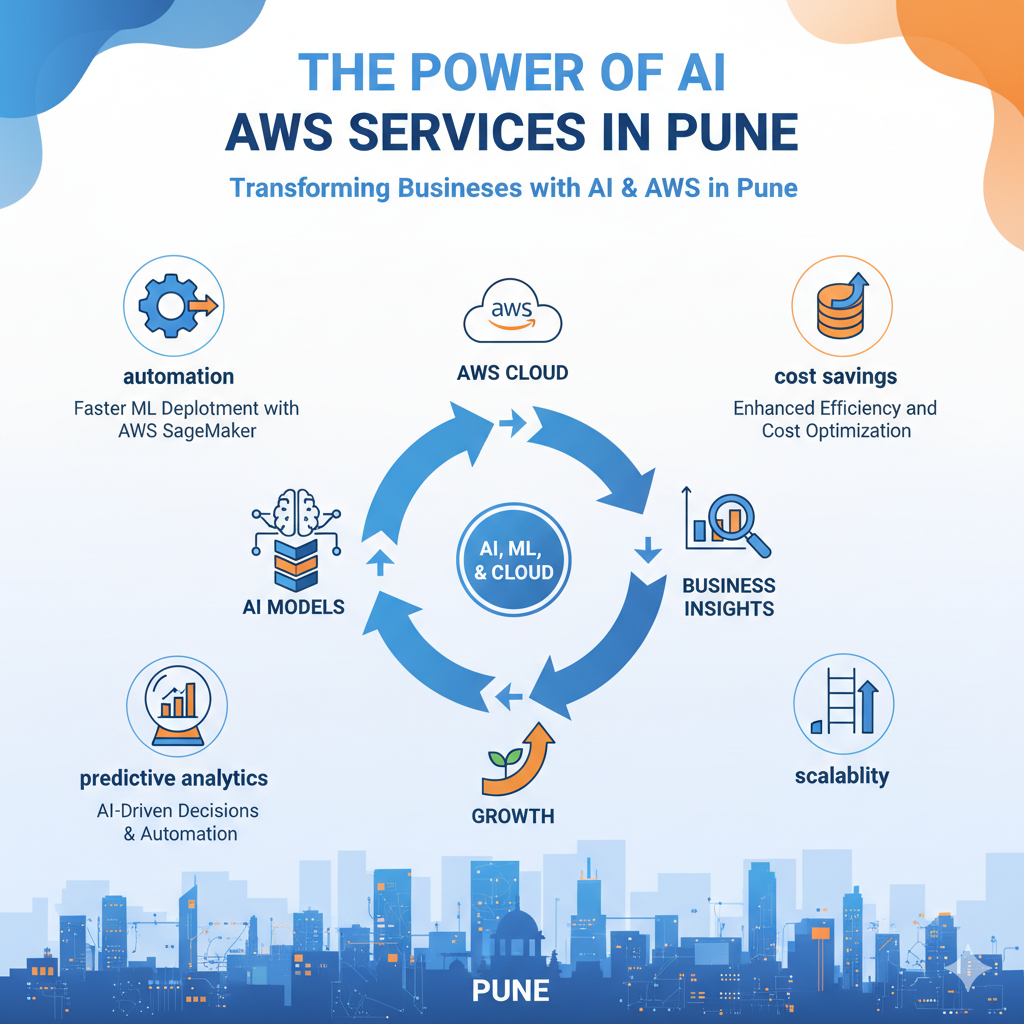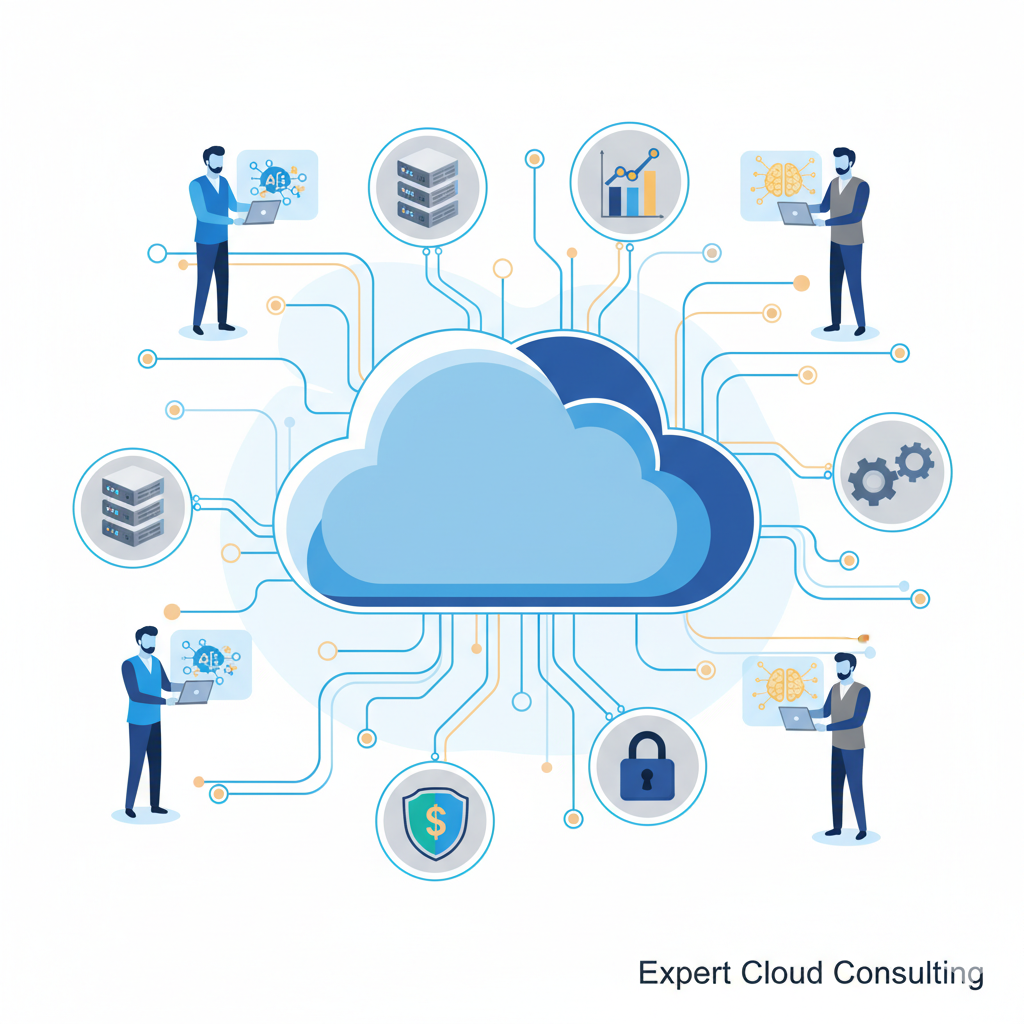- IntroductionIn the era of big data, organizations are continually seeking ways to extract actionable insights from vast amounts of information. Data lakes have emerged as powerful repositories for storing diverse data types, but their true potential lies in advanced analytics techniques such as artificial intelligence (AI) and machine learning (ML). In this blog post, we'll explore how Expert Cloud Consulting leverages AI and ML within data lakes to unlock valuable insights and drive business innovation.🛡️✨
Harnessing the Power of AI and Machine Learning in Data Lakes
Predictive Analytics: By applying machine learning algorithms to historical data stored in data lakes, organizations can uncover patterns and trends that enable predictive analytics. Whether it's predicting customer churn, forecasting sales trends, or optimizing supply chain operations, predictive analytics empowers businesses to make data-driven decisions and stay ahead of the competition. How Expert Cloud Consulting Can Help🌐
At Expert Cloud Consulting, we specialize in providing AWS Cloud Consulting and Azure Cloud Consulting services tailored to help organizations harness the power of advanced analytics within their data lakes. Our team of cloud experts possesses deep expertise in designing, implementing, and optimizing data lake architectures that leverage AI and ML technologies. Whether you're looking to build predictive models, deploy anomaly detection algorithms, or implement NLP capabilities, we're here to guide you every step of the way.
Conclusion:
Advanced analytics techniques such as AI and machine learning have the power to revolutionize how organizations derive insights from their data lakes. By partnering with Expert Cloud Consulting, you can unlock the full potential of your data assets, drive innovation, and gain a competitive edge in today's data-driven world.
Anomaly Detection: AI-powered anomaly detection algorithms can identify unusual patterns or outliers within data lakes, signaling potential fraud, security breaches, or operational issues. By detecting anomalies in real-time, organizations can mitigate risks, enhance security, and ensure the integrity of their data assets.
Natural Language Processing (NLP): Integrating NLP capabilities into data lakes enables organizations to extract insights from unstructured data sources such as customer reviews, social media posts, and support tickets. By analyzing text data at scale, NLP-powered analytics can uncover sentiment trends, extract key topics, and enable more personalized customer experiences.
Recommendation Systems: AI-driven recommendation systems leverage machine learning algorithms to analyze user behavior and preferences, delivering personalized recommendations and content. Whether it's recommending products to online shoppers or suggesting content on streaming platforms, recommendation systems enhance user engagement and drive revenue growth.
Image and Video Recognition: AI-powered image and video recognition algorithms can analyze visual content stored in data lakes, enabling applications such as object detection, facial recognition, and content moderation. Whether it's identifying products in retail images or monitoring surveillance footage for security purposes, image and video recognition capabilities enhance the value of visual data assets within the data lake.
Time Series Analysis: Machine learning models can perform time series analysis on temporal data stored in data lakes, uncovering patterns, seasonality, and trends over time. Time series analysis is invaluable for forecasting future trends, detecting anomalies, and optimizing processes in domains such as finance, IoT, and healthcare.


